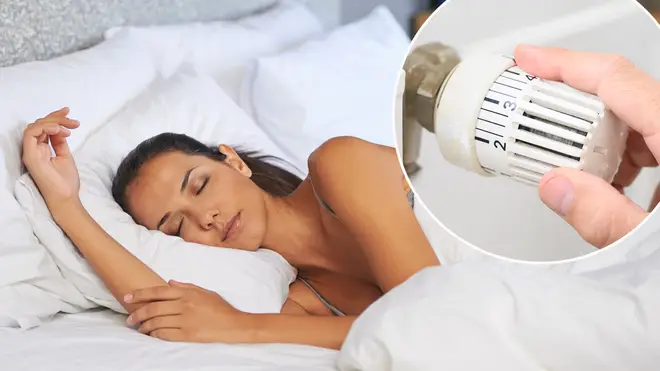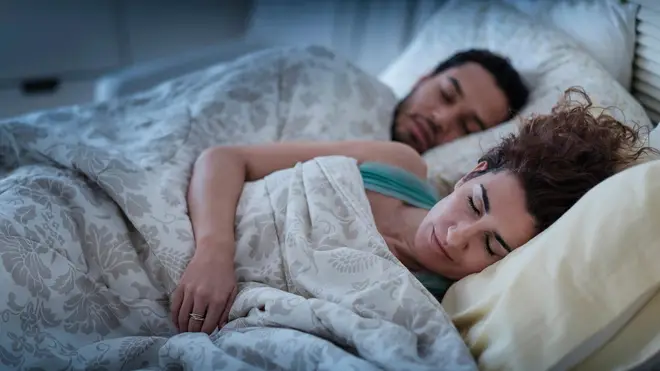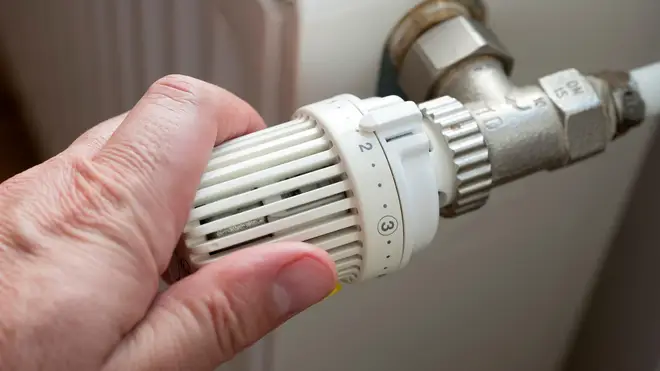On Air Now
Early Breakfast with Lindsey Russell 4am - 6:30am
1 December 2021, 16:08 | Updated: 8 December 2021, 14:52

A doctor has revealed why keeping the heating on at night can be bad for your sleep.
With things getting very cold over the past few weeks, you’ve probably already cranked the heating up.
But now a doctor has revealed why you should probably turn the thermostat down when you go to sleep.
The body produces the hormone melatonin when there is a drop in temperature and this helps the body to bring on sleep.

Dr Karan Rajan told Birmingham Live: "Our body's core temperature needs to drop to initiate sleep.
"So a cooler temperature gets you closer to the target sleep temperature of your body, so you fall asleep a lot faster."
He added: "Warmer temperatures means your brain and body are more active trying to cool you down.
"This increased brain activity limits the amount of REM and slow wave sleep your body needs to recharge."
According to scientists from the University of Southern Australia, those who suffer from insomnia tend to have a higher temperature when they first go to bed.

This can make it difficult for them to fall asleep, so doctors recommend that in order to fall into a deeper sleep, it’s better to be in a slightly cooler room.
Dr Cameron Van den Heuvel previously told Yahoo UK: "This results in a state of heightened arousal that prevents them from falling asleep when they go to bed, probably because they have to wait for their bodies to lose the heat that's keeping them awake.
"We're only talking about a half to one degree [Celsius] (32.9°F-to-33.8°F) but that small temperature change can result in significant differences in arousal between insomniacs and people without sleeping problems."
According to Country Living, keeping the heating up high during the night may also cause your skin to dry out and appear red and itchy the following morning.